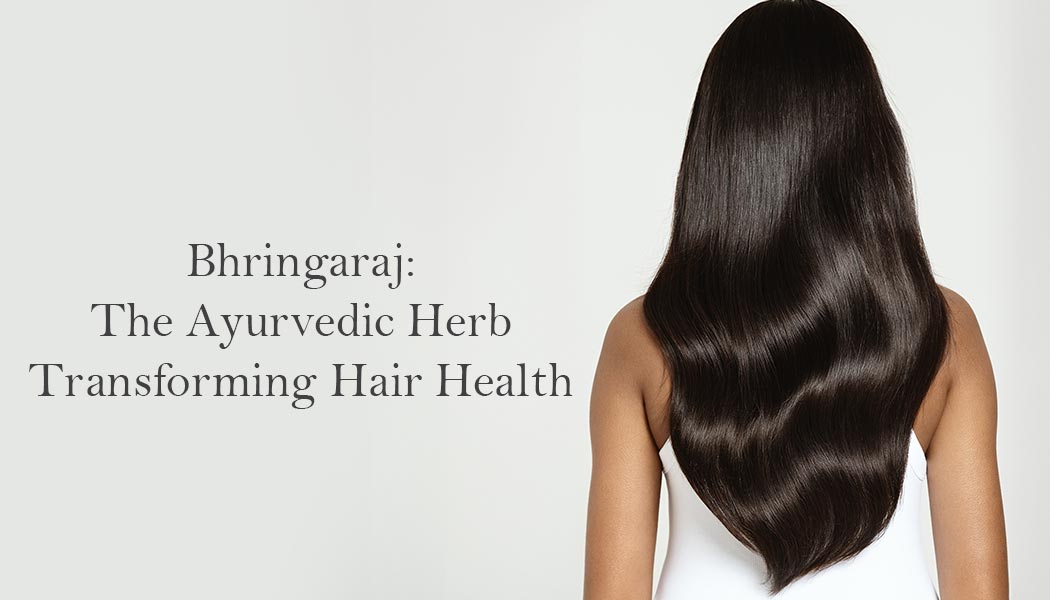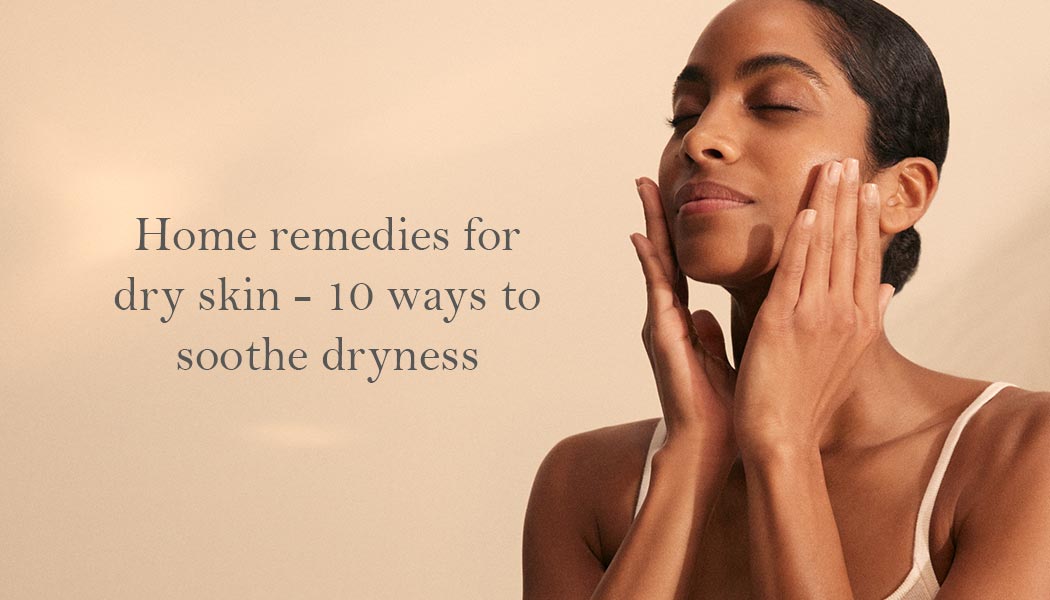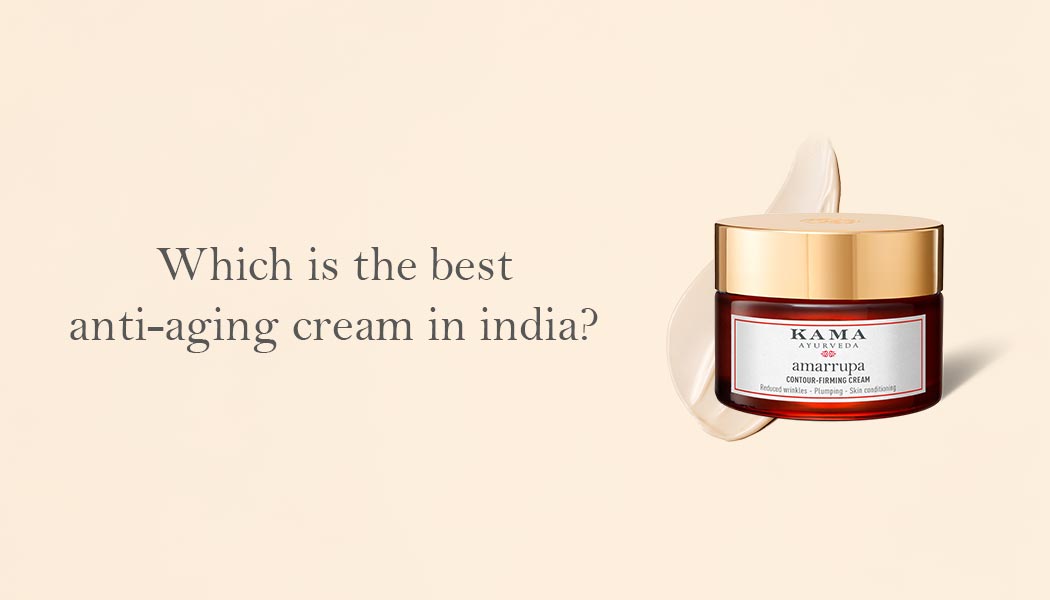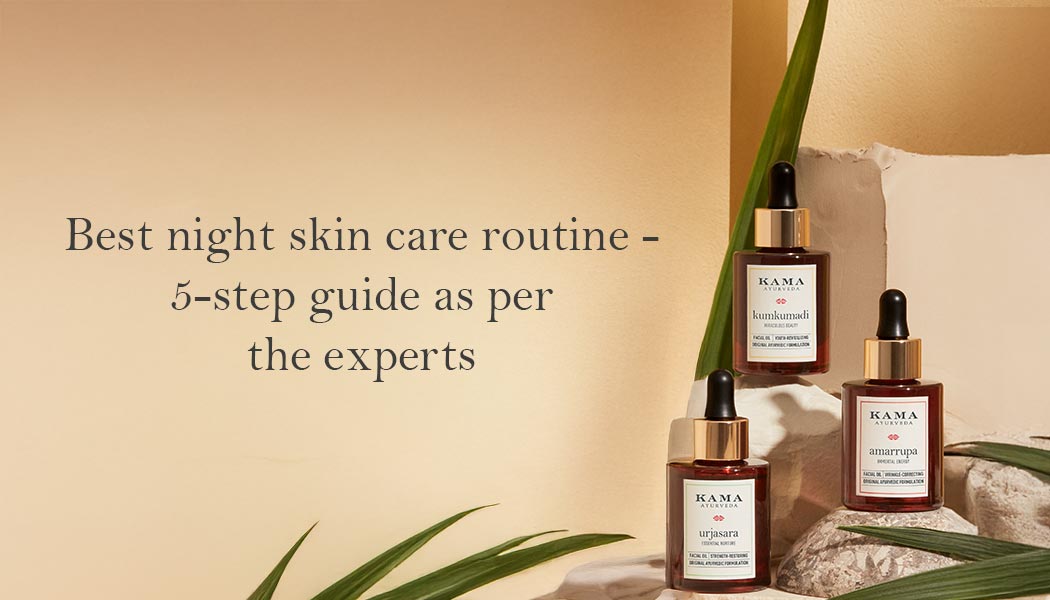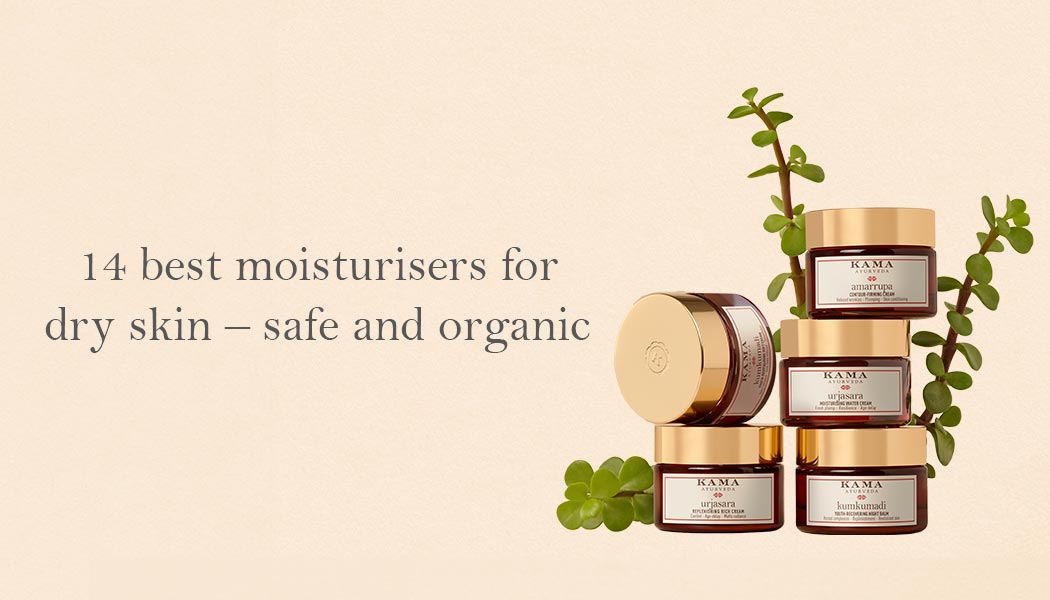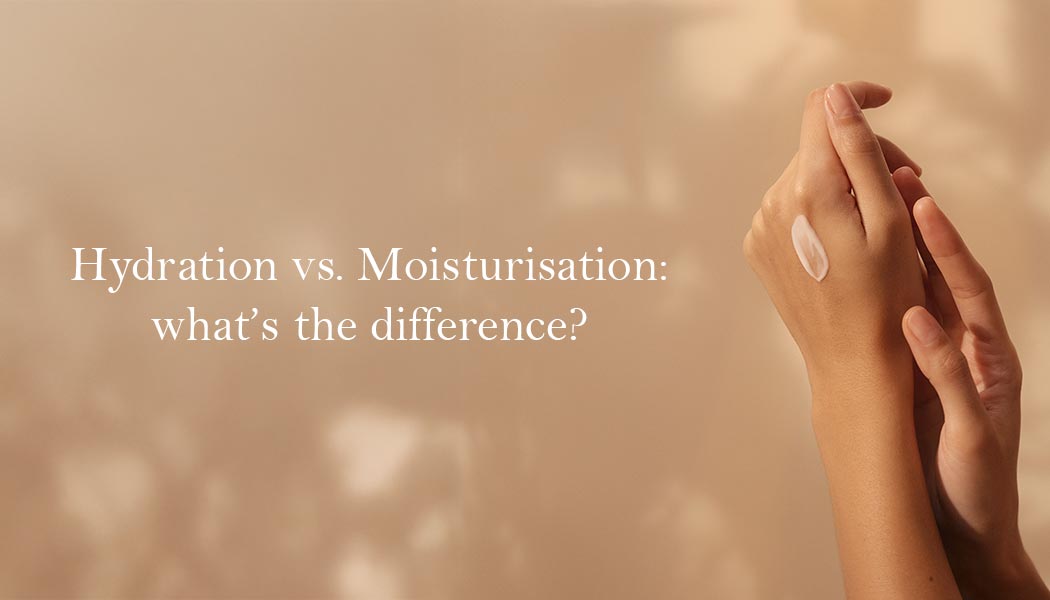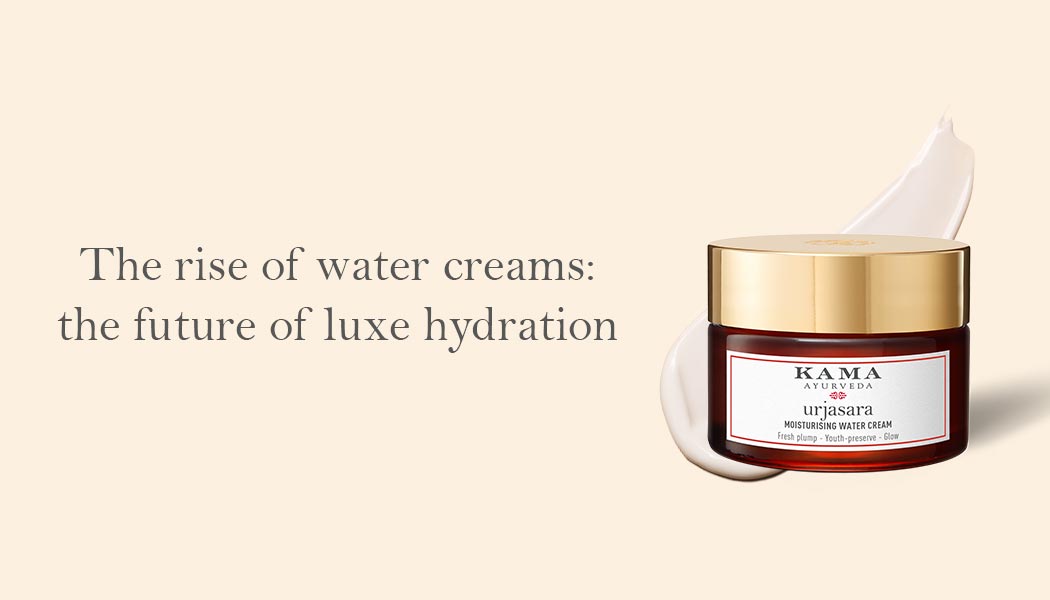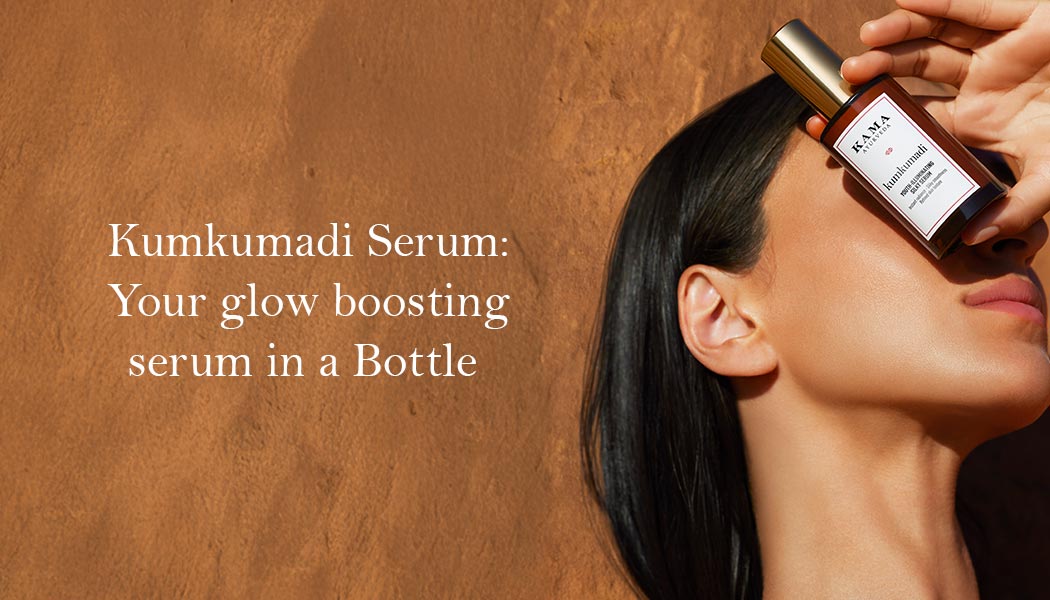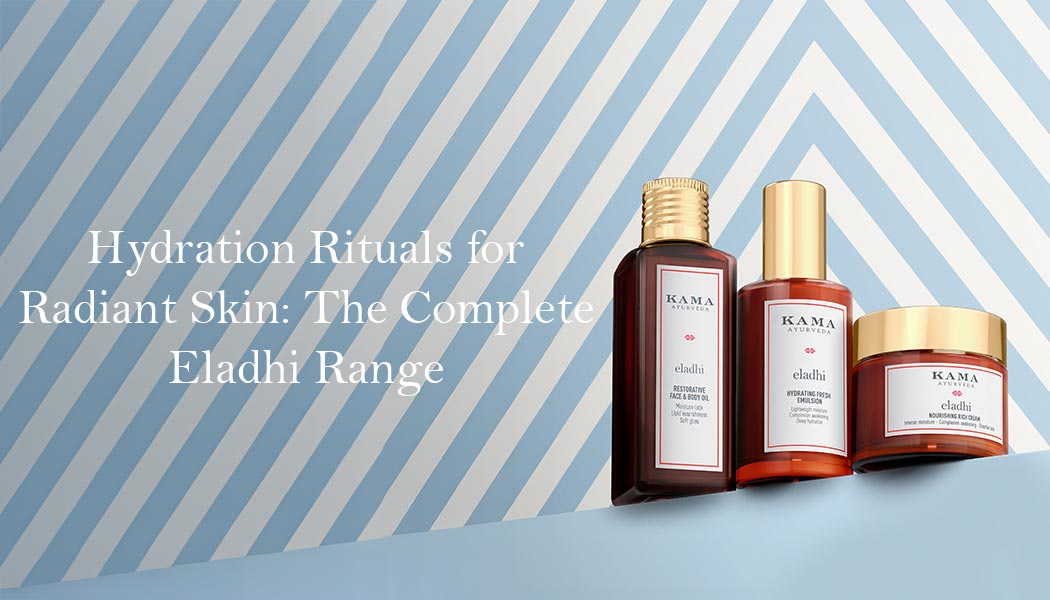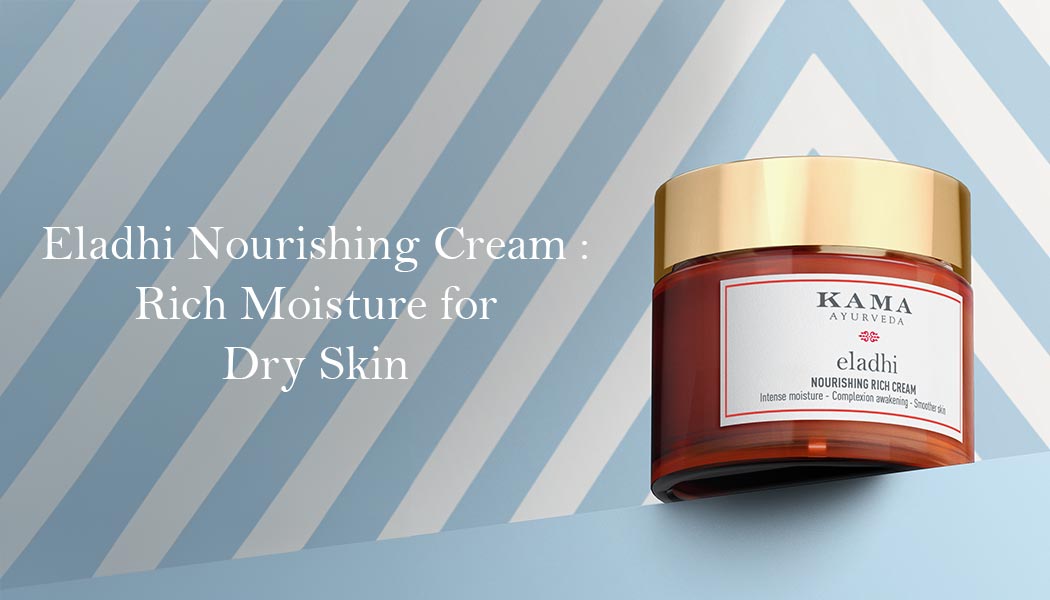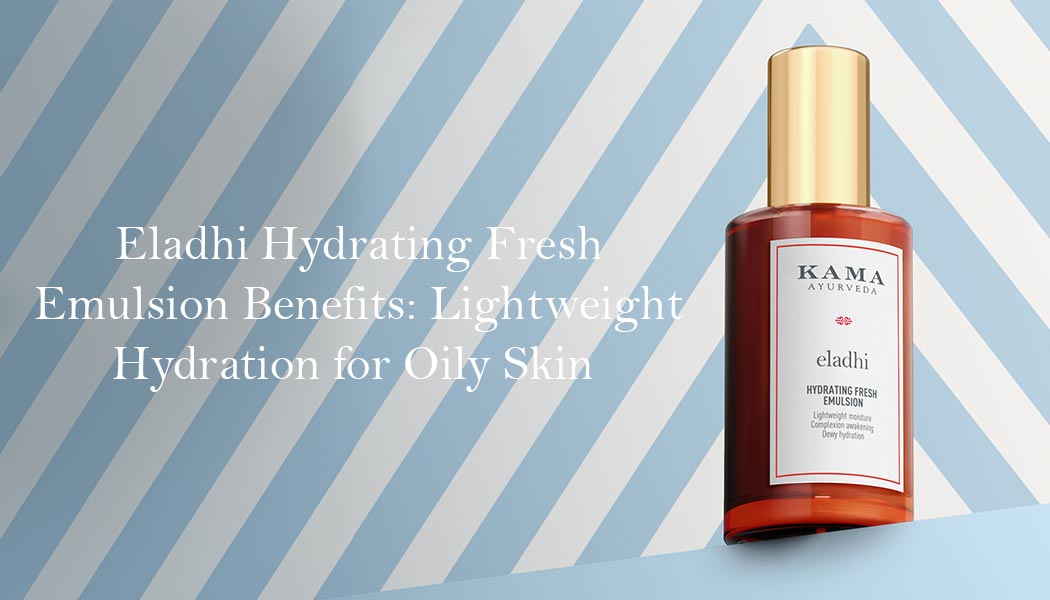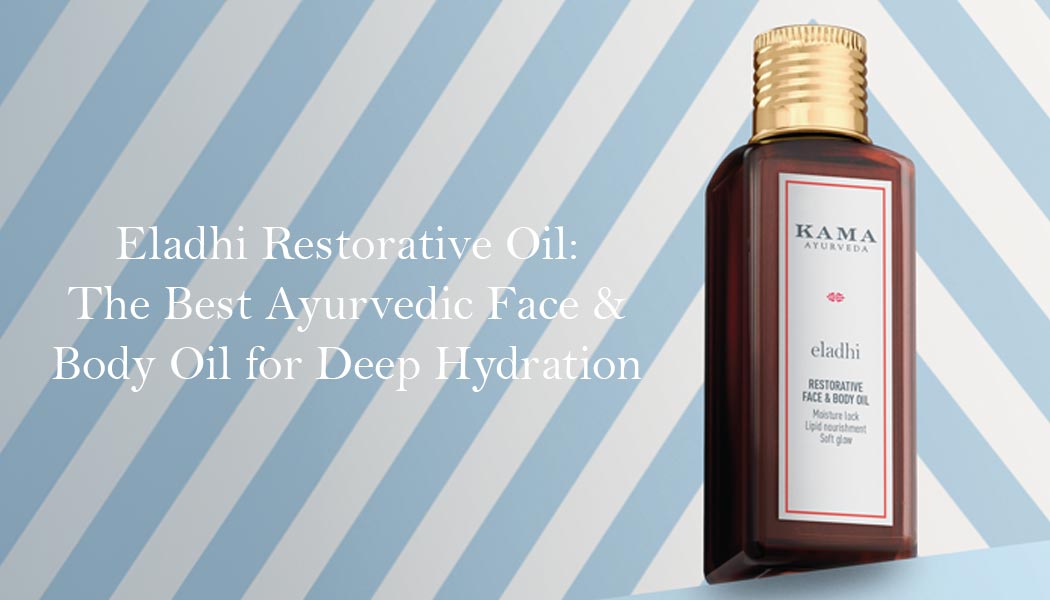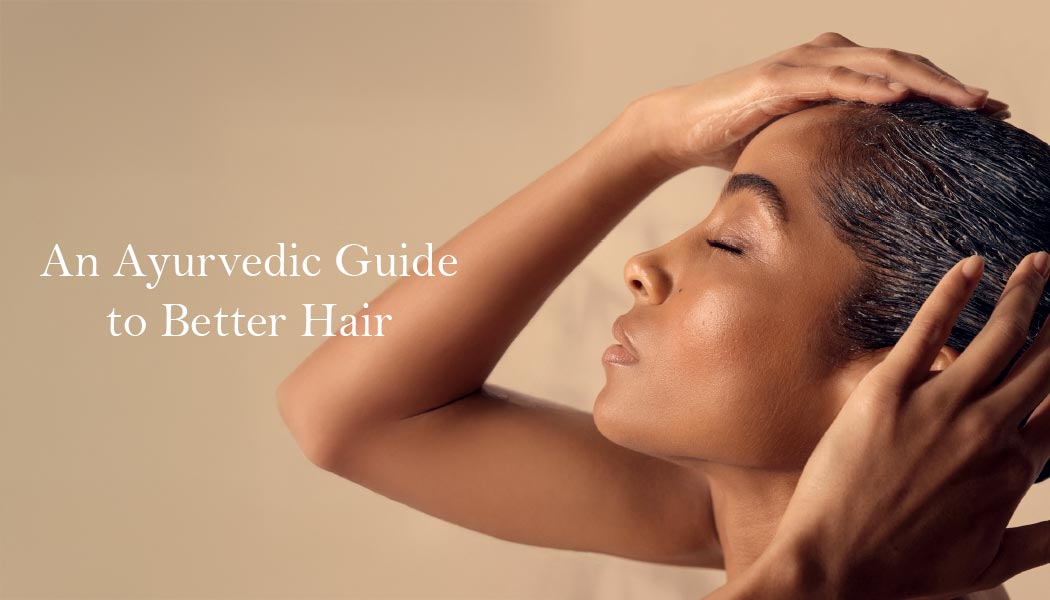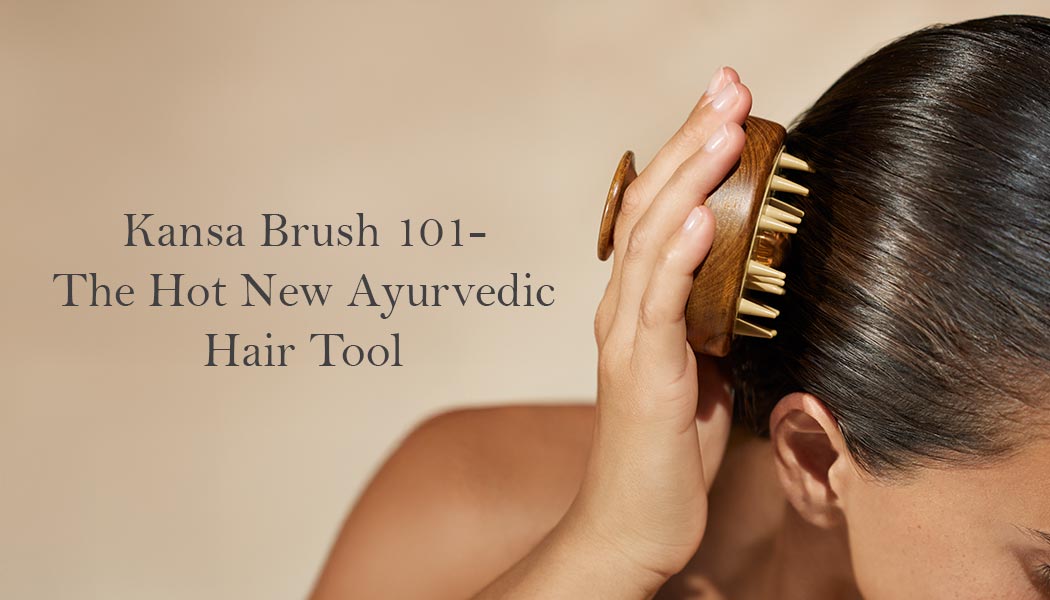- 3 April 2023
- 10 mins read
Are you tired of dealing with hair breakage and damage? They are frustrating and common hair problems for many people, but luckily there are natural remedies that can help! In fact, a study found that up to 50% of women have experienced hair breaking from damage.
The good news is that with the right knowledge and approach, you can take steps to prevent hair breakage and promote healthy hair growth.
In this article, we'll explore various ways to stop hair breakage naturally, including diet tips, hair care techniques, home remedies, and lifestyle changes.
So, whether you're dealing with split ends, thinning hair, hair fall or other signs of hair damage, keep reading to learn how you can nourish and protect your locks for a healthy, luscious look.
What Is Hair Breakage?
Hair breakage is the damage and weakening of individual hair strands, which can cause them to break or snap off easily. This can occur for a variety of reasons, including over-styling, excessive heat exposure, chemical treatments, and even certain hairstyles that pull on the hair.
Hair breakage can result in frizzy, dull, and thin hair, and it can be a frustrating problem for many people. Preventing hair breakage is important for maintaining healthy, strong hair and promoting hair growth.
What Causes Hair Breakage?
Hair breakage is a common issue that can be caused by a variety of factors, including lack of moisture, exposure to hard water, medical conditions, stress, and genetics. Understanding the underlying causes of hair breakage will help you prevent further damage and maintain healthy, strong locks.
1. Overstyling
Using heat styling tools such as flat irons, curling irons, and blow dryers can cause hair to become dry and brittle, leading to breakage. The high temperatures can damage the hair shaft and weaken it, causing it to break off.
2. Tight Hairstyles
Pulling the hair back tightly into braids, buns, or ponytails can also lead to breakage, especially if done frequently or for long periods of time. The tension on the hair can cause it to weaken and eventually break.
3. Chemical-laden Products
Overprocessing the hair with chemical treatments such as hair dyes, perms, and relaxers can also cause hair breakage. These treatments can weaken the hair shaft and make it more susceptible to breakage. Use chemical free shampoos to avoid weakening your hair strands.
4. Brushing Wet Hair
When hair is wet, it becomes more vulnerable to damage because it loses some of its elasticity and strength. This makes it more susceptible to breakage when brushed or combed. Wet hair is also more likely to get tangled, and if you're not careful when brushing, you can tug and pull on the hair, causing it to break.
5. Nutritional Deficiencies
Nutritional deficiencies can cause hair breakage by depriving hair follicles of essential nutrients needed for healthy growth. For example, a lack of protein, iron, vitamin D, vitamin C, or biotin can result in weak, brittle hair that is more prone to breakage. Consuming a balanced diet and taking supplements can help prevent hair breakage due to nutritional deficiencies.
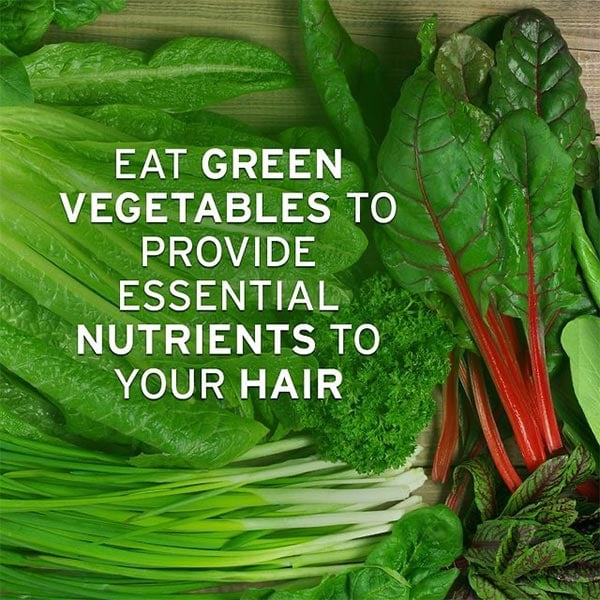
6. Lack Of Moisture
Lack of moisture in hair leads to hair breakage due to dryness and brittleness. When the hair shaft lacks sufficient moisture, it becomes weak and prone to splitting, breaking, and fraying.
Additionally, lack of moisture can cause the hair cuticle to lift, which further increases the likelihood of breakage. Using hydrating products like nourishing hair oils and avoiding excessive heat styling can help prevent this damage.
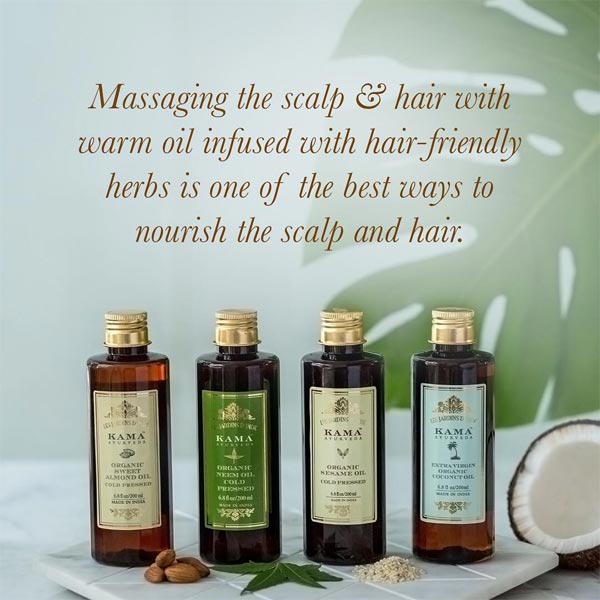
7. Hard Water
Hard water causes hair breakage due to the high concentration of minerals, such as calcium and magnesium, which can build up on the hair shaft over time. This buildup can cause the hair to become dry, brittle, and prone to breakage. Using a clarifying shampoo or installing a water softener can help prevent this type of damage.
8. Medical Conditions
Medical conditions such as thyroid disorders, iron deficiency anemia, and autoimmune diseases can lead to hair breakage due to disruptions in the body's normal processes. These conditions can affect the hair growth cycle and weaken the hair shaft, resulting in increased breakage. Treatment of the underlying medical condition is necessary to prevent further damage.
9. Stress
Stress disrupts the natural growth and shedding cycle of hair follicles. Increased levels of stress hormones can cause the hair to prematurely enter the shedding phase, resulting in excessive hair loss and breakage. Managing stress through techniques such as meditation and exercise can help reduce this type of damage.

10. Genetics
Genetics can lead to hair breakage due to inherited characteristics that affect the strength and resilience of the hair shaft. Certain genetic variations can cause the hair to be more prone to breakage, such as having finer hair or a weaker hair cuticle. Proper hair care techniques and nourishment can help minimize this type of damage.
Top 10 Hair Remedies For Hair Breakage
Do you suffer from hair breakage and feel like you've tried everything to get your locks looking luscious and strong? Don't worry, we've got you covered. Here’s a list of the top 10 hair remedies for hair breakage that are not only effective, but also natural and easy to try at home.
1. Coconut Oil
Coconut oil is rich in fatty acids, particularly lauric acid, which can penetrate the hair shaft and provide moisture and nourishment to the hair. This helps to strengthen the hair and prevent breakage. Additionally, coconut oil has anti-inflammatory properties that help soothe an itchy and irritated scalp, further preventing hair breakage.
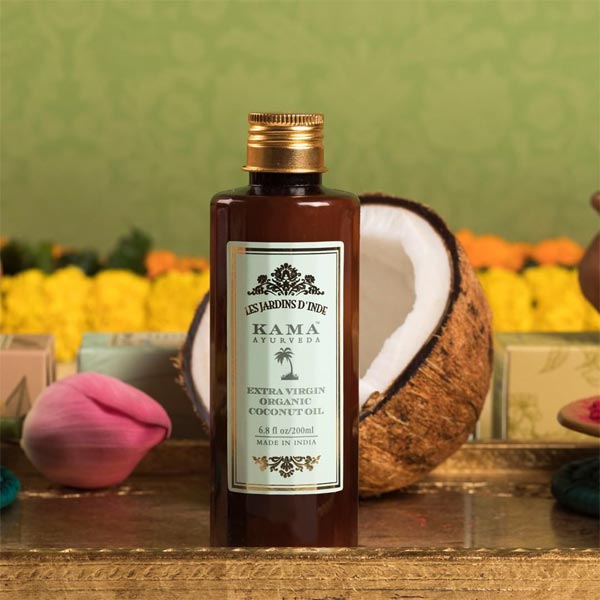
2. Aloe Vera
Aloe vera gel contains a variety of beneficial compounds that can help to strengthen hair and prevent breakage. These include amino acids, vitamins, minerals, and enzymes that work together to nourish and protect the hair. When applied topically to the hair, aloe vera can help to moisturize and condition the hair shaft, making it more resistant to breakage.
3. Apple Cider Vinegar
Apple cider vinegar is a popular natural remedy for hair breakage because it helps restore the pH balance of the scalp and hair. When the pH balance is disrupted, it can lead to hair breakage, dryness, and other scalp issues.
Apple cider vinegar also contains acetic acid, which can help remove product buildup, excess oil, and dead skin cells from the scalp, promoting healthier hair growth.
4. Egg Mask
The protein and biotin in eggs can nourish and strengthen hair. It also nourishes the hair and restores the shine in damaged tresses. Nutrients such as Vitamins A and E, biotin, and folate present in the egg help keep hair thick and healthy. The yolk has healthy fats that help replenish moisture in the hair strands.
Simply crack one or two eggs into a bowl and beat them until they are frothy. Apply the mixture to your hair, starting at the roots and working your way down to the tips. Massage the mixture into your scalp and hair, making sure to cover all of your hair. Leave the mixture on for 20-30 minutes.
You can also apply ingredients such as olive oil or honey to your egg hair mask to enhance its moisturizing and conditioning properties.
5. Avocado
Avocado, also known as ‘Nature’s Butter’ is a super nourishing hair care ingredient. It contains over 20 vitamins and minerals which includes vitamin B, C, E and K, riboflavin, pantothenic acid, magnesium, potassium, lutein, beta-carotene, fatty acids, anti oxidants. These nutrients help prevent hair breakage, while also preventing hair dryness and frizz.
6. Castor Oil
Castor oil has high ricinoleic acid that will help improve blood circulation in the scalp which helps boost the supply of nutrition to the hair follicles. The oil also builds a protective barrier around the hair shaft and seals in the moisture. This results in stronger hair strands and less breakage.
7. Green Tea
Green tea is a natural ingredient that is rich in antioxidants, specifically catechins and polyphenols, which can help to prevent hair breakage. To use green tea to prevent hair breakage, you can brew a strong cup of green tea and use it as a rinse after shampooing. Simply pour the green tea over your hair and let it sit for a few minutes before rinsing it out with water.
8. Sweet Almond Oil
When applied to the hair, Sweet Almond Oil can penetrate the hair shaft and provide it with essential nutrients like Omega-3 fatty acids and Vitamin E. It reduces the risk of breakage by strengthening the hair from the inside out.
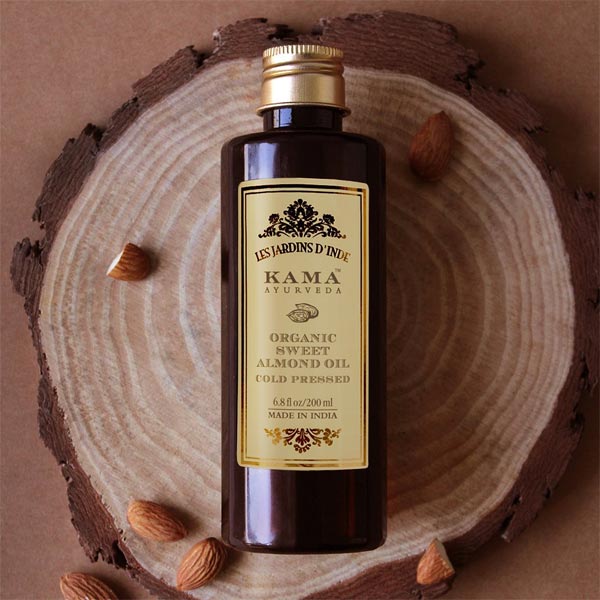
9. Chamomile Essential Oil
Chamomile has balancing properties that help hydrate and nourish the hair. The antioxidants in Chamomile essential oil help fight free radicals that damage the hair follicles. It also detangles the hair and keeps it frizz-free.
10. Honey
Honey is a natural humectant that can help to moisturize and strengthen hair.You can mix two tablespoons of honey with two tablespoons of olive oil, apply it to your hair, and leave it on for 30 minutes before washing your hair. This helps prevent breakage caused by hair dryness.
Hair Care Tips for Reducing Hair Breakage
We've all experienced the frustration of hair breakage - whether it's split ends, thinning hair, or just weak hair strands. But fear not! With the right hair care routine, you can reduce breakage and promote healthy, strong hair. From nourishing oils to simple styling techniques, we've got you covered. Read on for our top hair care tips to keep your locks breakage-free.
1. Use A Gentle Shampoo
Harsh shampoos can strip the hair of its natural oils and cause dryness and brittleness, making it more prone to breakage. Use mild, herbal hair cleansers that are free from chemicals such as sulphates and parabens to maintain healthy and strong hair.
2. Deep Condition Hair Regularly
Deep conditioning hair is important to prevent hair breakage because it helps to moisturize and nourish the hair from within. You can use natural hair masks or deep conditioning hair oils to make your hair more resilient and less prone to breakage.
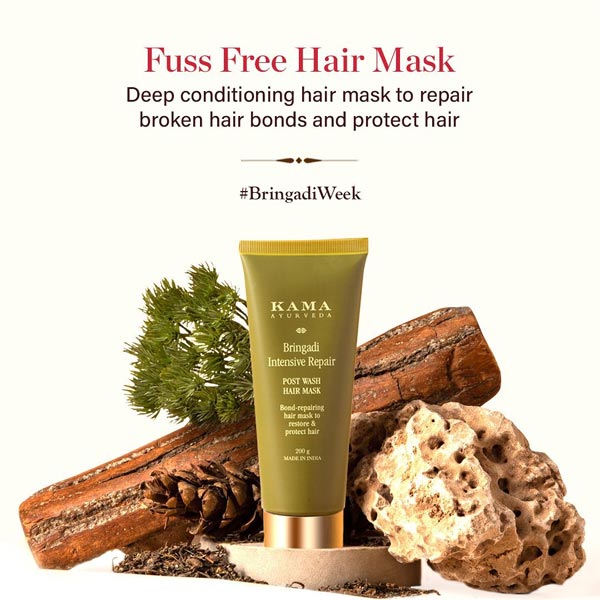
3. Use a wide-tooth comb
A wide-tooth comb allows you to detangle your hair without causing undue stress or pulling, which can lead to breakage. Using a wide-tooth comb on wet hair is especially important, as wet hair is more fragile and prone to breakage than dry hair.
4. Protect your hair while sleeping
Protecting your hair while sleeping is important as the friction between your hair and the pillowcase can cause damage, tangles, and breakage. Use silk and satin pillowcases as they are smoother and gentler on the hair than cotton or other fabrics. It’s also recommended to put your hair up in a loose bun or braid before going to bed to help prevent tangles and knots.
5. Trim your hair regularly
By trimming your hair regularly, you can remove split ends and other damaged sections of hair, promoting healthy growth and reducing the risk of breakage. Additionally, regular trims can help to maintain the shape and style of your hair, keeping it looking neat and healthy.
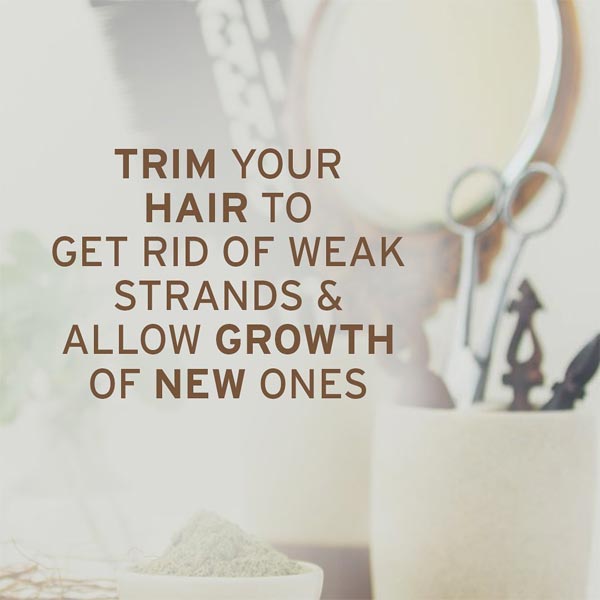
6. Eat A Healthy Diet
Certain vitamins and minerals, such as biotin, vitamin E, and iron, are particularly important for healthy hair, as they help to promote hair growth, repair damage, and maintain the overall health and strength of the hair.
By consuming a healthy, balanced diet that is rich in fruits, vegetables, lean protein, and whole grains, you can ensure that your body is getting the nutrients it needs to support healthy hair growth and prevent breakage.
7. Use Natural Hair Dye
Harsh chemicals found in some hair dyes, such as ammonia and peroxide, can strip the hair of its natural oils and proteins, leaving it dry, brittle, and more prone to breakage. On the other hand, natural hair dyes like Henna and Indigo nourish the hair with vitamins and antioxidants, thus preventing breakage.
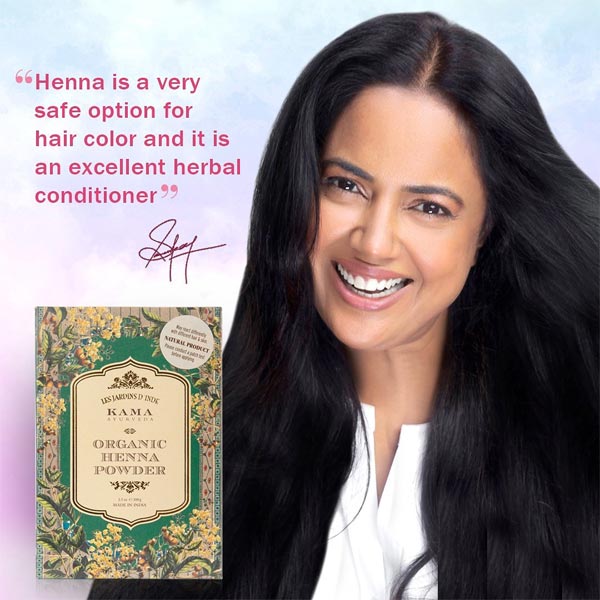
8. Don’t Towel Dry Your Hair
When you towel dry your hair, you may also be inadvertently pulling or tugging on your hair, which can cause additional stress and breakage. To prevent hair breakage, it's better to use a soft t-shirt or microfiber towel to gently blot and squeeze excess water from your hair.
9. Avoid Heat Styling
High heat can damage the protein bonds in the hair, causing it to lose its elasticity and strength. If you must use heat styling tools, use a heat protectant spray or serum, and set the temperature to a low or medium setting.
10. Drink Enough Water
Drinking enough water is important to prevent hair breakage because water is essential for maintaining the overall health and hydration of the hair. When your body is dehydrated, your hair can become dry, brittle, and more prone to breakage.
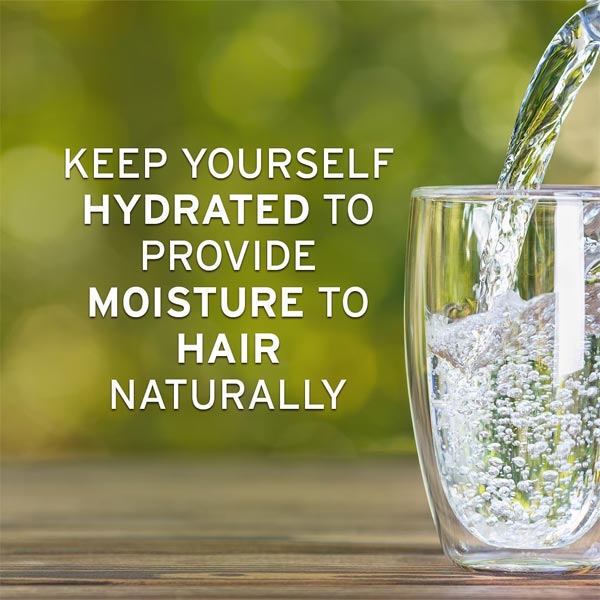
From using gentle shampoo to avoiding heat styling and eating a healthy diet, these simple steps can make a big difference in promoting healthy hair growth and reducing breakage. So, why not give them a try and see the benefits for yourself?
Shreya Dalela is a certified Yoga instructor and a professional dancer trained at The Danceworx. She’s passionate about Ayurveda and holistic living with over 6 years of experience in doing extensive research and content creation in the domain.

Certified Ayurvedic Doctor (Central Council of Indian Medicine) working in Kama Ayurveda as an Assistant Training Manager.

